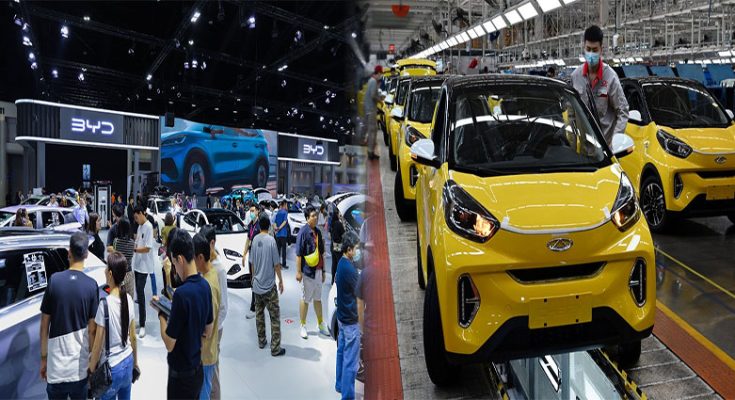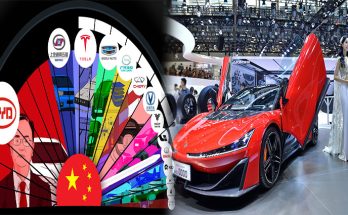The automotive industry in China has witnessed remarkable growth over the years, with a diverse mix of domestic and international car brands vying for market share in the world’s largest automobile market. Understanding the dynamics between domestic and international manufacturers is crucial to gaining insights into consumer preferences, competition trends, and the overall landscape of the Chinese automotive sector.
Domestic Brands Dominance
Domestic car brands play a significant role in the Chinese automotive market, catering to a wide range of consumers across various segments. Companies such as Geely, BYD, and Great Wall Motors have carved out substantial market shares, offering competitive products that appeal to local tastes and preferences.
Geely, known for its innovative designs and strategic partnerships, has steadily increased its market presence and brand visibility both within China and on the global stage. BYD, a pioneer in electric vehicles, has made significant strides in sustainable mobility solutions, contributing to its popularity among environmentally-conscious consumers in the Chinese market.
Great Wall Motors, specializing in SUVs and pickup trucks, has established itself as a formidable player in the domestic automotive industry, capturing a significant share of the market with its diversified product portfolio. These domestic brands, among others, continue to drive growth and innovation in the Chinese automotive sector, challenging international competitors on their home turf.
International Brands’ Influence
International car manufacturers have also made substantial investments in China, leveraging the country’s vast consumer base and rapidly evolving automotive landscape. Companies like Volkswagen, Toyota, and General Motors have long-standing partnerships and joint ventures with local entities to capitalize on the market opportunities in China.
Volkswagen, for instance, has maintained a strong foothold in the Chinese market through its diverse range of vehicles tailored to local preferences and lifestyles. Similarly, Toyota’s focus on quality and reliability has resonated well with Chinese consumers, contributing to its steady market share growth in the country.
General Motors, operating through its joint ventures with SAIC Motor and Wuling Motors, has established a prominent presence in China, offering a wide selection of vehicles across different price points and segments. These international brands continue to invest in research, development, and localized production to remain competitive and capture a larger share of the dynamic Chinese car market.
Market Share Dynamics
The competition between domestic and international car brands in China reflects a complex interplay of factors, including brand reputation, product offerings, pricing strategies, and regulatory requirements. As Chinese consumers become more discerning and demand sophisticated features and technologies in their vehicles, both domestic and international manufacturers must adapt and innovate to stay relevant in this highly competitive market.
The breakdown of car market share in China between domestic and international brands underscores the vibrant and diverse nature of the country’s automotive industry. With evolving consumer preferences, technological advancements, and regulatory changes shaping the market dynamics, agility and strategic positioning will be key factors for brands seeking to succeed in the dynamic Chinese car market.
As the automotive landscape in China continues to evolve and adapt to changing consumer trends and industry developments, the competition between domestic and international car brands will remain a fascinating and dynamic aspect of the market’s growth trajectory.





